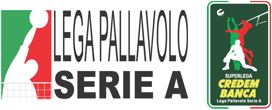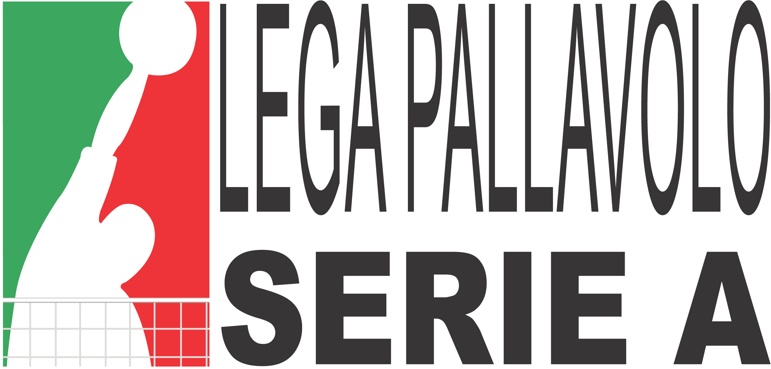THE FOREIGN PLAYERS DEBATE INVOLVES THE WHOLE SPORT WORLD
Today on the pages of “Il sole 24 ore” a wide discussion between the main sport disciplines
The debate about the signing of players coming from foreign federations continues to be quite lively. Not only within volleyball, so that it is becoming a recurring subject on a global level.
Today, “Il sole 24 ore” enhances a circular letter spread by CONI in 2004 which invited the professional clubs to write on the match reports at least 50% of the local athelets for each match, meaning the ones who played in junior Italian teams for a ceratin period of time, from 2 to 4 years. These athelets can be both Italian and from another nationality therefoer not eligible for the Italian national team.
A guideline already approved and supported by the Serie A Volleyball League which in the proposal sent to FIPAV regarding the next three championships refers to “a 50% of Italian players on the bench eligible for the national team“.
It is a re-enforcement of the CONI directive but that does not limit in any way the free circulation of EU players and the ones coming from countries outside the EU.
In today’s article, there is a referal to the volleyball world. Taismary Aguero, cuban player now in the Turkish championship, has obtained the Italian passport after her marriage with Alessio Botteghi; since then, the decision to wear the Italian national shirt after winning two gold olympic medals with Cuba.
It is the result of globalisation which also influences sport. Nothing more.
In Europe, the athelets free circulation has been re-enforced more than once by important sentences, like the Bosman one in 1995 which allows the free signing of professional players coming from EU countries.
but not only that, because between 1996 and 1997, this concept has been spread to non professional players. So, Sport, in the EU, can move freely with no restrictions.
After that the barriers came down even more after the Simutenkov case, the Russian footballer. In that case, non EU players became the same as EU ones if they were coming from countries the EU had stipulated partnership agreements.
Another sport sentence will be issued soon by the Belgian court of Charleroi. The problem here is between the EU, with the antitrust law, and FIFA. If the court of justice should disapprove the FIFA rule regarding the free availability of players to the national team, European football clubs could deny their players to the countries national teams. It is obvious that the decision will not make a difference between professional and non professional players because the court of justice only differs the ones who get paid for it and the ones who only do it for fun.
Finally, we would like to remember that the EU sport commissioner, Jan Figel, has cathegorically stated that this counts for all the sport disciplines. For that reason, in Bruxelles, FIVB’s decision regarding the limitation of foreign players in the national championship is not appreciated.










